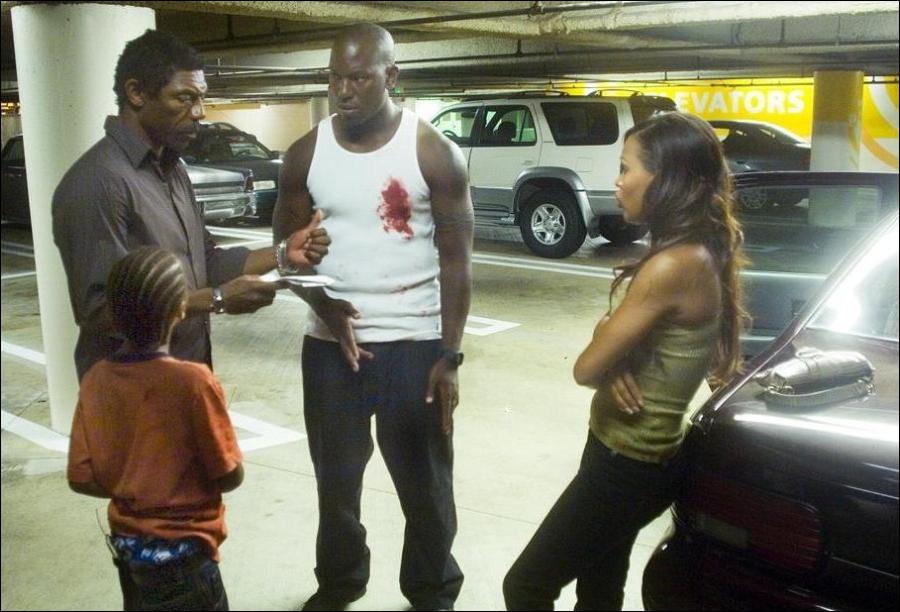
(He never spent time in jail and the conviction was overturned on appeal in May 1962). In 1955, Seeger was convicted of contempt of Congress for refusing to discuss his political affiliations before the House Committee on Un-American Activities. Seeger left the Weavers but his solo career also fell victim to the Red Scare.

Radio stations stopped playing their songs and their records stopped selling. They lost their television show contracts and nightclub bookings. For a brief period in the early 1950s, as a member of the Weavers quartet, he performed in prestigious nightclubs, appeared on network television shows, and recorded several hit songs, including “Goodnight, Irene,” “Tzena Tzena,” “Wimoweh,” and “So Long It's Been Good to Know You.” But as engaged radicals, they were an easy target for the Red Scare's blacklist. Seeger had been blacklisted from network television since the 1950s because of his leftist politics. But when Tom and Dick Smothers invited him on their show, many people still viewed him as a dangerous radical, marginalized by the nation's political, business, and media establishment. Seeger, who died in 2014, is now viewed as a legendary figure in American history. The story of that appearance, and that song, illustrates the tumultuous political tensions of the era and was a bold act of defiance against corporate media power.

Fifty years ago this week, folk singer Pete Seeger performed the controversial anti-war song “Waist Deep in the Big Muddy” on the Smothers Brothers Comedy Hour show on CBS television.


 0 kommentar(er)
0 kommentar(er)
